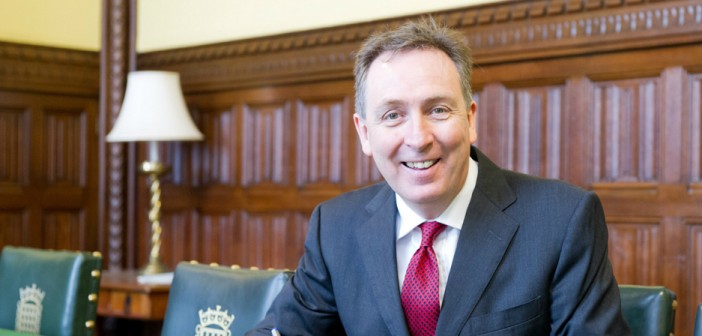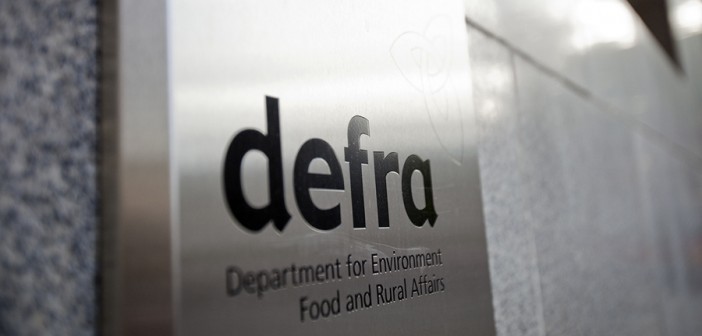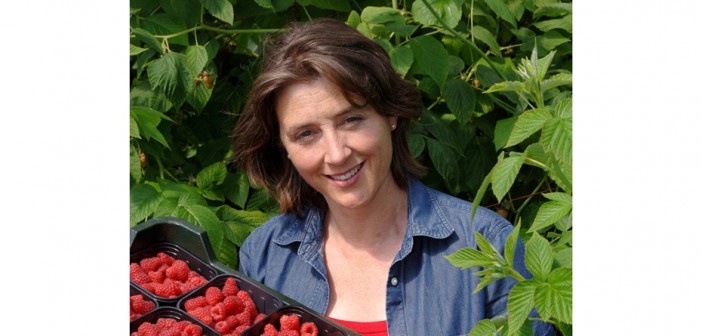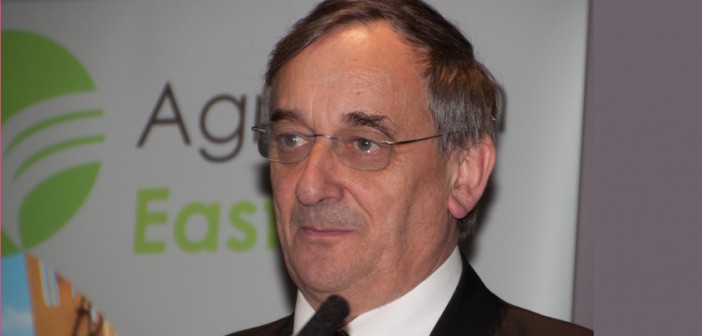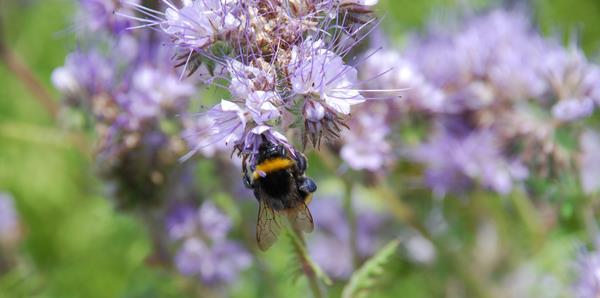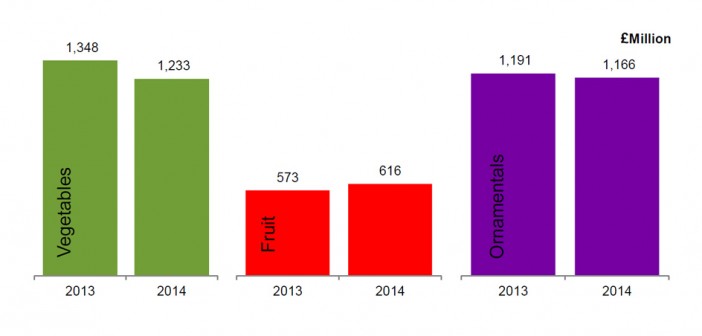During a debate on the potential impacts of leaving the European Union on farm support in the UK, the House of Lords may leave farmers and growers lacking the support of their European competitors.
The debate was called by Conservative Baroness Anne McIntosh, a former shadow minister for environment, food and rural affairs and former chair of the EFRA Committee. She called on the government to reassure farmers in agri-environment schemes which are due to end prior to the conclusion of formal Brexit negotiations. She also raised the issue of the requirement for large numbers of season workers in areas such as horticulture.
Conservative Lord DeMauley, a former Defra minister and farmer, said, “It is surely unlikely that her majesty’s treasury, once it’s given back the ability to decide how UK taxpayers’ money is spent, will maintain the basic farm payment at anything like its current level.”
Lib Dem Lord Thomas of Gresford pointed out that comments made by Defra minster George Eustice at the Royal Welsh Show, when he said he could not guarantee that future agricultural support programmes would be as generous as support under the CAP, were contrary to assurances he had given during the Brexit campaign when Mr Eustice promised farmers would receive at least as much support funding as they currently do.
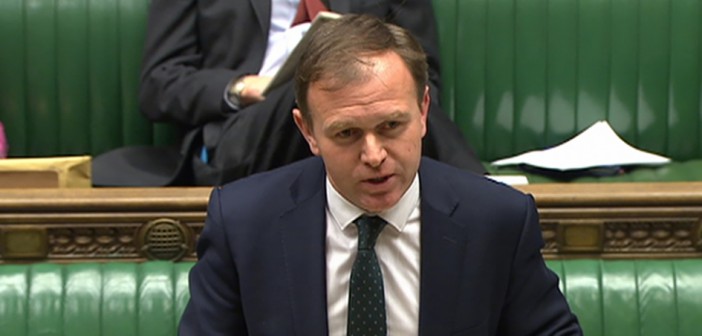
Photo Caption: Defra minister George Eustice MP was criticised for back tracking on his promise to maintain support for UK farmers.
Photo Credit: George Eustice
The post House of Lords warns of risk to farm support from Brexit appeared first on Hort News.
